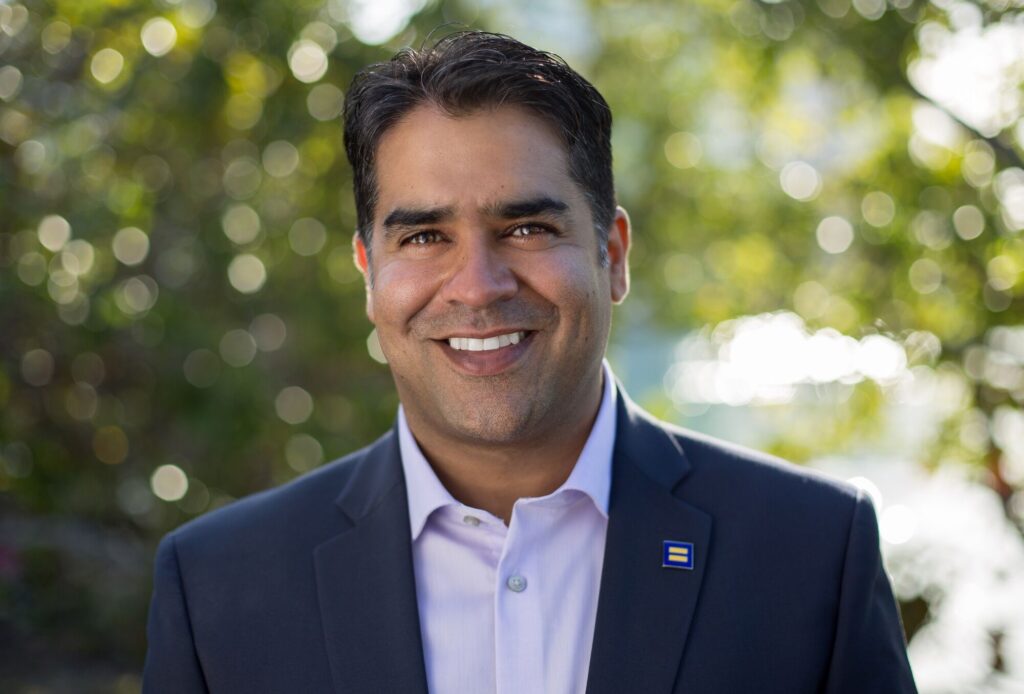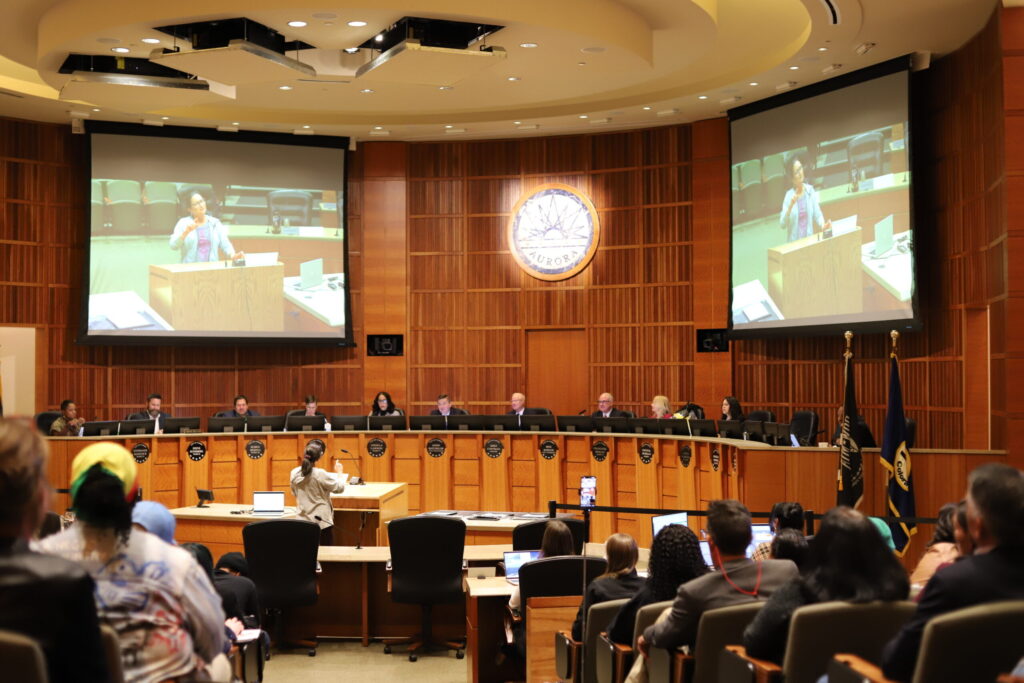Trans-Pacific trade agreement supporters, opponents spar
Deeply divided supporters and opponents of a deal that would allow the United States to enter into a trade agreement with 12 mostly Asian/Pacific countries are not giving up any ground.
The stark disagreement was on display Monday night when U.S. Rep. Jared Polis, D-Boulder, hosted a lively discussion on the University of Colorado Boulder campus.
The panelists, which included the Australian Ambassador to the United States, Kim Beazley, made clear their views on the Trans-Pacific Partnership — a trade agreement that would ease access barriers to markets in the dozen nations who currently have a seat at the negotiating table. Those parties include the United States, Canada, Australia, Japan, Vietnam, Singapore, Peru, New Zealand, Mexico, Malaysia, Chile and Brunei.
Supporters praise TPP as a job creator. Critics argue it would hurt domestic industries such as manufacturing.
Opponents also warn that TPP would open up the United States to potential lawsuits over environmental and labor protection. Details of the behind-closed-doors negotiations obtained by WikiLeaks and published in a recent New York Times report show that current TPP language would make it possible for foreign corporations from TPP countries to sue the U.S. government for rules and regulations that undermine their investment “expectations.”
Luis Jimenez, counselor to the U.S. Trade Representative, said one in six Internet users worldwide live in one of the aforementioned 12 countries today. Better and controlled access to these markets would increase U.S. exports and strengthen small and middle-class businesses, he argued.
But Ken Peres, chief economist of the labor union Communications Workers of America, said there is a flipside to the coin — imports. He worries that existing trade deficits with countries such as Japan would only be increased if they and their products were granted easier access to the U.S. domestic market, therefore endangering rather than creating jobs. Peres was the only staunch opponent of the deal on Monday night’s panel.
Ambassador Beazley countered, “You can’t count jobs on this, because TPP deals with jobs we are not even thinking about yet.” His argument: The agreement levels the playing field in a competitive and rapidly growing online marketplace.
Nick Martin owns an online used-bicycle shop in Boulder. The White House Blog recently featured his small business. Martin said Monday his online shop can’t serve many countries today because of high tariffs, regulations and a lack of secure shipping and delivery. “We can easily purchase from these countries and give them our money, but they can’t give us theirs,” he said.
President Obama made trade agreements such as TPP or its sister framework with Europe, the Transatlantic Trade and Investment Partnership, a cornerstone of the U.S. economic agenda for the remainder of his time in the Oval Office. In his State of the Union address in January, Obama said, “As we speak, China wants to write the rules for the world’s fastest-growing region. That would put our workers and our businesses at a disadvantage. Why would we let that happen? We should write those rules. We should level the playing field.”
China is not part of the TPP negotiations, which seemed to have hit a roadblock lately. But some of the countries that did get a seat at the table draw intense criticism nonetheless.
Dave Felice, the Colorado/Wyoming Director for the CWA, said after Monday’s panel nothing he heard made him think differently. “We can’t trade with a country like Vietnam that violates human rights on a daily basis, that basically enslaves its workers.”
Luis Jimenez rebutted such criticism. Right now, the United States doesn’t have leverage to ensure Vietnam and other countries enforce international labor and environmental standards, the USTR counsel said. TPP, he argued, would change that and put these countries under an enforcement mechanism that is part of the deal.
Felice had a simple answer, “We don’t even enforce our own environmental standards. How do you think we are going to enforce standards in Vietnam, Brunei and Malaysia? That’s incredibly naïve thinking.”
The CWA state director was one of a group of at least 20 attendees at Monday’s panel who wore a blue shirt that read No Fast Track!
That message references the way by which Congress ratifies a potential TPP agreement. Many Republican lawmakers are pushing so-called Trade Promotion Authority, which would force expedited Congressional approval for an agreement without extensive prior debate.
The Democratic caucus is neatly split into supporters and opponents of such action. Polis hasn’t taken sides yet. Instead, the Boulder Democrat recently sent a letter to Sen. Ron Wyden, D-Oregon, the ranking member of the Senate Finance Committee, which is responsible for trade proposals.
In his letter, Polis endorsed Wyden’s Smart Track proposal, which requires committees of jurisdiction to certify that any deal meets the TPA negotiation objectives. Such legislation would provide Congress with a more comprehensive oversight tool.
Polis mentioned the potentially positive impact of TPP on Colorado’s local economy. “Over 87 percent of exporting businesses are small and medium-sized businesses,” he wrote. “For these local businesses, trade agreements are essential, as they often lack the overseas capacity large multinationals have to navigate complex systems of international trading laws and trading barriers.”
The congressman also cautioned Wyden’s committee that any deal had to make sure partners would enforce environmental laws and regulations and provide the United States with effective tools to combat trade cheating, such as currency manipulation.
“I have heard loud and clear some of the concerns surrounding TPA and TPP, which is why I have continuously pushed the administration and those negotiating the agreement, to be more transparent and open and to ensure that we are maintaining our country’s strong environmental and labor standards,” Polis said in a statement to The Statesman this week.
He continued, “I support expanding export opportunities for our local businesses and am optimistic that opening new markets to American products will create jobs here in Colorado.”











